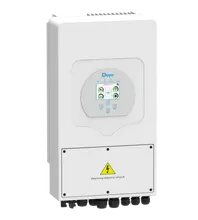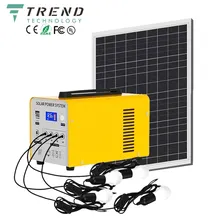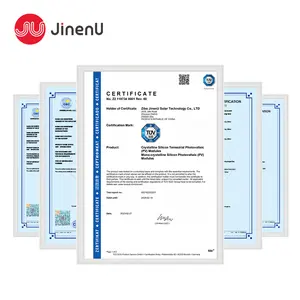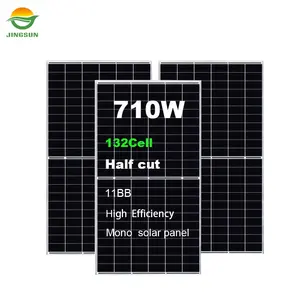Introduction to 38W Solar Panels
The transition towards renewable energy sources has led to the adoption of solar technology, with 38w solar panels emerging as a popular choice for those seeking an eco-friendly and cost-effective energy solution. These panels are designed to cater to a variety of applications, providing a sustainable power supply while contributing to environmental conservation.
Types and Applications
Solar panels, particularly the 38w solar panel variety, are versatile in their applications, ranging from residential to commercial use. They are an integral part of solar systems for homes, outdoor lighting, and as auxiliary power sources for areas where electricity is a challenge. The types of solar panels include monocrystalline, polycrystalline, and thin-film, each with unique features suitable for different settings and requirements.
Features and Materials
The 38w solar panel is engineered with precision, utilizing materials that ensure durability and optimal performance. Monocrystalline silicon cells are known for their efficiency and sleek appearance, while polycrystalline silicon cells offer a balance of performance and cost-effectiveness. Thin-film solar cells provide a lightweight and flexible alternative, expanding the possibilities for installation on a variety of surfaces.
Advantages of 38W Solar Panels
Opting for a 38w solar panel comes with several advantages. These panels are crafted to deliver consistent power output and are known for their longevity, with many having a lifespan of around 25 years. The efficiency of these solar panels in converting sunlight into electricity makes them a smart choice for those looking to reduce their carbon footprint and energy expenses.
Selection and Performance
When selecting a 38w solar panel, it is essential to consider the panel's wattage rating and size, as these factors directly influence its energy output. The market offers a diverse range of solar panels, including options that are glass-free, utilize PERC technology, or are built for building-integrated photovoltaics (BIPV). Each variant is designed to meet specific performance standards and cater to different energy needs.
Environmental Impact and Certification
The 38w solar panel is not only a step towards energy independence but also a commitment to environmental stewardship. Panels available on the market often come with certifications such as RoHS, ISO, and CE, reflecting their compliance with international standards and their contribution to a sustainable future.




































 浙公网安备 33010002000092号
浙公网安备 33010002000092号 浙B2-20120091-4
浙B2-20120091-4